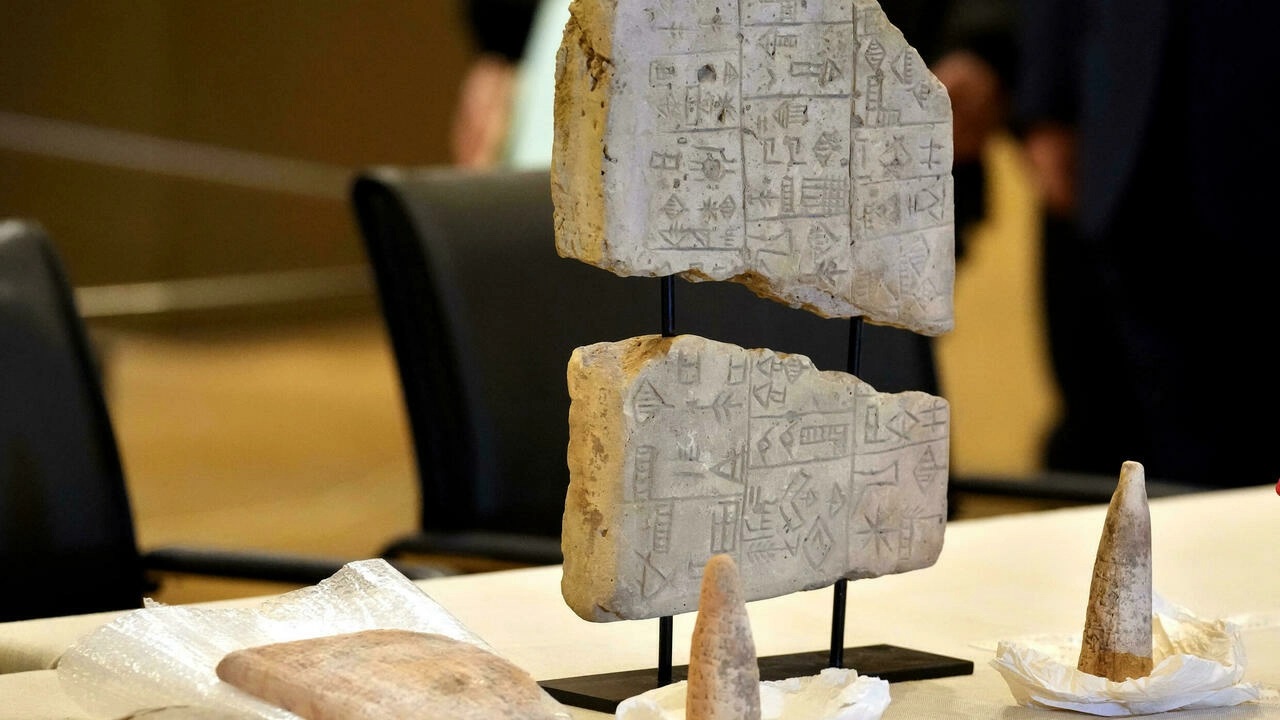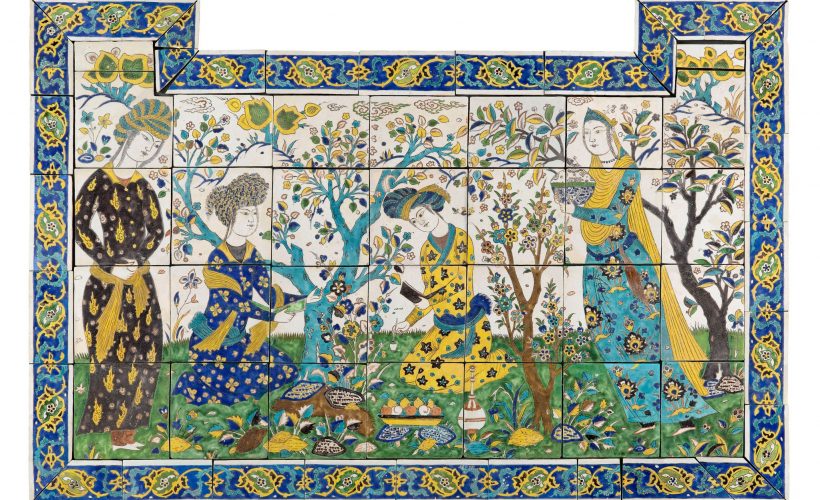History & Heritage
2.8.2022
Over 300 artifacts returned to Iraq

Lebanon returns more than 300 cuneiform tablets to Iraq, in order to support regional cultural cooperation and the promotion of the region’s rich historical and archeological heritage.
A few days ago, a wooden box sealed with red wax was received by an Iraqi delegation during an official ceremony at the National Museum in Beirut, Lebanon. “Today, Iraq has recovered 331 cuneiform tablets,” said the director of the Iraqi Council of Antiquities and Heritage, Laith Majid Hussein.
Indeed, the box contained 331 archaeological cuneiform pieces and six clay tablets of Iraqi origin, dating from various periods, but mainly from the Akkadian era (2,400 to 2,200 BC), the third Sumerian dynasty of Ur (2,111 to 2,006 BC), and ancient Babylon (2,004 to 1,594 BC). The cuneiform tablets embody the singular history of the kingdom of Ur, today Iraq. This kingdom, founded more than 4,500 years ago, was one of the first centers of civilization in the world, not least because it was also the place where writing in the form of conical symbols was first used.

“Today, Iraq has recovered 331 cuneiform tablets,” Laith Majid Hussein.
The regional cooperation in the cultural field
This restitution took place thanks to the cooperation of the private Lebanese museum of Nabu, the name of this Mesopotamian god of wisdom and writing, exhibits hundreds of ancient pieces from Lebanon, Syria, Iraq, Egypt and Yemen. The owner of the Nabu Museum, Jawad Adra, stressed the “permanent communication” with the countries of the region to revive and preserve the heritage, to the detriment of smugglers.
In one year, the country of the two rivers has recovered nearly 18,000 antiquities from around the world, celebrating a success story against illegal trafficking but above all its rich cultural and historical heritage.
.

Some archaeological pieces returned to Iraq.
popular

